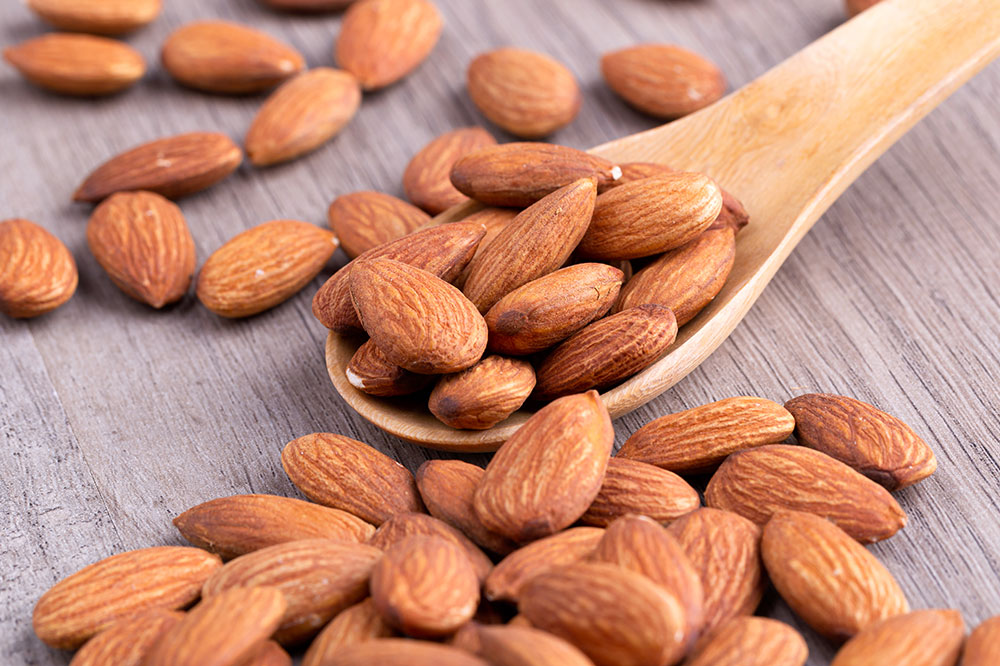Understanding Causes of Excessive Sweating: Normal and Medical Conditions
This article explains the normal and abnormal causes of excessive sweating, including hormonal changes during perimenopause, dietary triggers, emotional factors, and conditions like hyperhidrosis, hyperthyroidism, and diabetes. It offers insights into symptoms and management options, emphasizing when to seek medical advice for persistent or localized sweating issues. Understanding these causes can help individuals identify underlying health concerns and explore appropriate treatments for better quality of life.

Understanding Causes of Excessive Sweating: Normal and Medical Conditions
Sweating is a natural bodily function that helps regulate temperature. It's common during exercise, hot weather, or emotional stress. However, some individuals experience excessive sweating even without these triggers, indicating possible underlying health issues. This article explores typical and abnormal reasons for excessive perspiration, highlighting when it may signal a medical condition.
Common Causes of Sweating
Perimenopause
This transitional phase before menopause results in hormonal fluctuations, leading to increased sweating and hot flashes due to uneven estrogen levels.
Certain foods can trigger sweating episodes; spicy dishes, caffeine, and alcohol are common culprits, a response known as gustatory hyperhidrosis. Emotional states like anger, anxiety, or embarrassment also stimulate sweating, which typically subsides when emotions stabilize.
In contrast, persistent or localized excessive sweating may point to medical conditions such as primary hyperhidrosis, hyperthyroidism, or diabetes.
Medical Conditions Contributing to Excessive Sweat
Primary hyperhidrosis
This condition causes excessive sweating in specific areas like palms, soles, underarms, or groin, even without physical exertion. This can lead to skin issues such as softness, whiteness, peeling, and increased susceptibility to infections.
Hyperthyroidism
An overproduction of thyroid hormone, thyroxine, disrupts normal regulation of metabolism and body temperature. Symptoms include profuse sweating, rapid heartbeat, and weight loss.
Diabetes
Low blood sugar associated with diabetes can cause excessive sweating. Long-term effects may damage sweat glands, resulting in abnormal sweating patterns, including gustatory sweating after meals.
Important Notice:
This article is for informational purposes only and should not replace professional medical advice. Always consult healthcare professionals for diagnosis and treatment of health conditions. Use the information responsibly and seek expert help when necessary.










